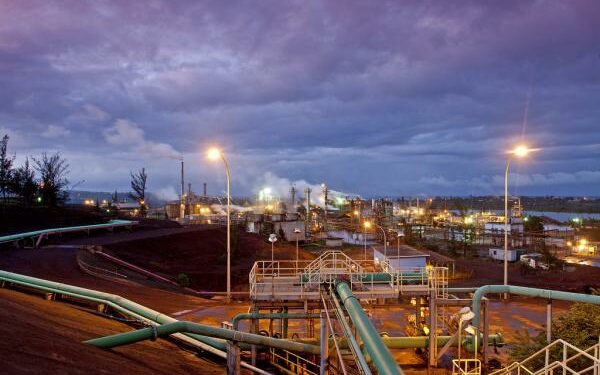Panasonic has launched a probe to determine how much of the cobalt in batteries it supplied to US carmaker Tesla originated in Cuba— which is subject to a US imports ban.
BEST Battery Briefing understands Panasonic has already has “suspended its relationship” with Canadian cobalt supplier Sherritt International Corp over the issue “out of an abundance of caution”.
Panasonic is understood to have privately confirmed a small portion of Tesla Model S and Model X batteries may contain “trace amounts of cobalt from Sherritt”— but said this is only the case for some vehicles produced after February 2018.
Sources inside Tesla have told BBB no cells produced at the firm’s Nevada Gigafactory included cobalt from Sherritt— meaning the company’s Model 3 batteries are unaffected and production will not be hit.
However, the only comment on the issue from a Tesla spokesperson was that the company was “aiming to achieve close to zero usage of cobalt in the near future”.
Panasonic is reportedly seeking guidance from the US Treasury Department’s Office of Foreign Assets Control regarding its interpretation of the scope of the US ban on Cuban-origin imports.
Panasonic and Sherritt had not responded to BBB’s requests for comment at the time of going to press.
Sherritt’s web site describes cobalt as a by-product of its nickel mining from its projects and operations in Canada, Cuba and Madagascar”. Cobalt produced at Cuba’s Moa mine is under a 50-50 joint venture between Sherritt and the General Nickel Company of Cuba. Sherritt said its finished cobalt “has a 99.9% purity, which exceeds the current LME specification”.












